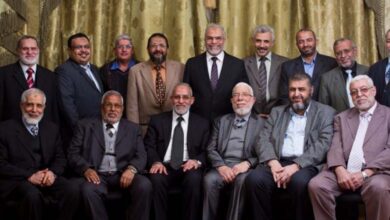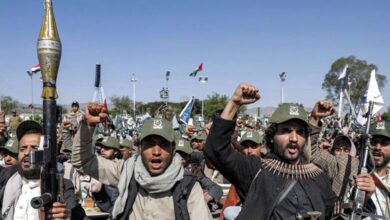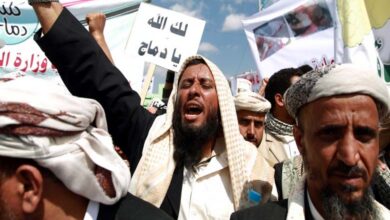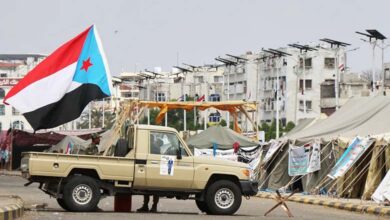Saad Al-Awlaqi, New Leader of Al-Qaeda in the Arabian Peninsula: What You Need to Know

Saad bin Atef Al-Awlaqi, known as “Abu al-Leith,” is the new leader of Al-Qaeda in the Arabian Peninsula, succeeding Khalid bin Omar Batarfi, whose death was announced yesterday, Monday. Of Yemeni nationality, he is one of those brought back by Al-Qaeda leader Osama bin Laden from Afghanistan to Yemen after his death by the United States in 2011.
With this, Al-Awlaqi becomes the fifth leader to head Al-Qaeda in Yemen publicly, after working for years as a second-in-command of the extremist organization in the country. He is described as the “dynamo” who held many positions within the organization’s structure, the latest being “operations,” in addition to his work in the Shura Council, the highest governing body of Al-Qaeda.
Born in the town of Al-Sha’abah in the Yashbum Valley, which falls under the Al-Saeed district in Shabwah province (south), Al-Awlaqi hails from the large Al-Awaleq tribe, the same tribe as Al-Qaeda‘s spiritual mentor Anwar al-Awlaqi, who was killed by a US drone in 2011. His exact date of birth is not known, but the US State Department estimated three possible dates: 1978, 1981, and 1983, noting his height as 168 cm.
He is also described as the most influential figure among terrorist elements compared to Batarfi, and his name appeared with the emergence of what is known as “Ansar al-Sharia” for the first time in 2009, coinciding with the growing activity of Al-Qaeda internally and in the region.
According to the website of the US State Department’s Rewards for Justice program, Al-Awlaqi was a member of Al-Qaeda in the Arabian Peninsula’s Shura Council and governor of Shabwa province in Yemen, during the organization’s control of Abyan in the south.
He remained in what is known as the “emirate of Shabwah” until 2014, when he was promoted to the Shura Council and then appointed to the position of “operations” as one of the organization’s top cadres.
Al-Awlaqi is on the “Rewards for Justice” list: the United States offers a reward of up to six million dollars for information about him. The US State Department says Al-Awlaqi “openly called for attacks against the United States and its allies.”
The United States considers Al-Qaeda in the Arabian Peninsula, based in Yemen, as the most dangerous branch of Al-Qaeda since its attempt to blow up an airplane over the United States in 2009.
The organization has claimed several attacks, including the attack on the satirical magazine “Charlie Hebdo” in Paris in 2015, which resulted in 12 deaths.
A United Nations report on Al-Qaeda recently stated: “Despite the organization’s setback in the Arabian Peninsula, it remains the most effective terrorist group in Yemen, intending to carry out attacks in the region and beyond.” Estimates provided by the United Nations indicate that the total number of Al-Qaeda fighters in the Arabian Peninsula ranges between 3,000 and 4,000, active and passive.












